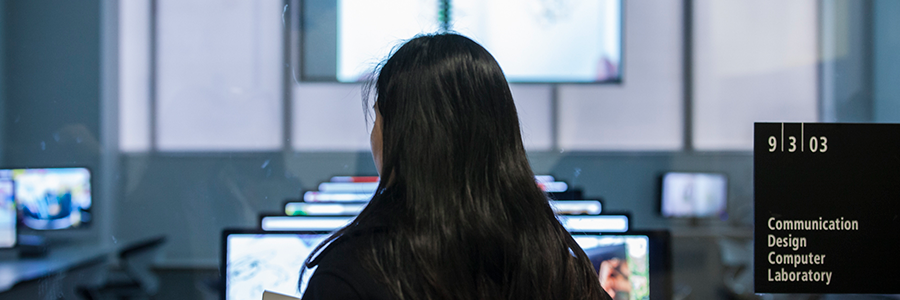Bachelor of Design (Games)
Our interdisciplinary program supports:
- game design as creative practice: students engage with interdisciplinary research/design practice and see their game designs played
- game design as innovation: students hone their criticality towards games, and are able to investigate, imagine, innovate, and intervene through their creative practice
- game design as politics: students are equipped to critically consider and engage with games as cultural objects and games industries as sustainable cultural enterprises
- game design as perspective: as a diverse student/staff population, our games students contribute to a design and research space that nurtures alternative perspectives and ways of expressing ideas through games
Our games students might not all identify with the mainstream industry, but all are able to speak, actively engage and produce games through various creative channels. Our games students identify as artists and critical thinkers/designers, and see games as a means of expression. Our games students craft a personal creative practitioner profile throughout their time at RMIT Undergraduate games, and develop an area of expertise, beyond their proficiency in holistic games design practice, from art direction, games research, to expressive programming.
Over three years, students will have:
- Practice with a core language of games, and have established their critical practitioner/thinker point of view.
- Been taught by a diverse and interdisciplinary staff – including sociologists, artists, humanities scholars, and game designers.
- Engaged critically in thinking about games, designing games, and building games both independently and collaboratively, while simultaneously considering and researching how such artefacts impact on everyday life and society.
- Experienced working within a modern games studio space, and have their games critiqued by peers/staff/industry (via regular prototyping and feedback of their designs/research).
- Cultivated a high level of digital literacy and an ability to communicate in online and local work environments.
- Regular opportunity to present their work to a broad audience (student, industry, academic) and have their games played within and outside of RMIT University via annual play days, end-of year show, gallery events.
- Participated in a program that values equality in participation and expression.*
Academic staff
Dr. Emma Witkowski – Program Manager
Dr. Douglas Wilson
James Manning
Jen Lade
Christian McCrea
Associate Professor Dr. Stefan Greuter
Dr. Jonathan Duckworth

